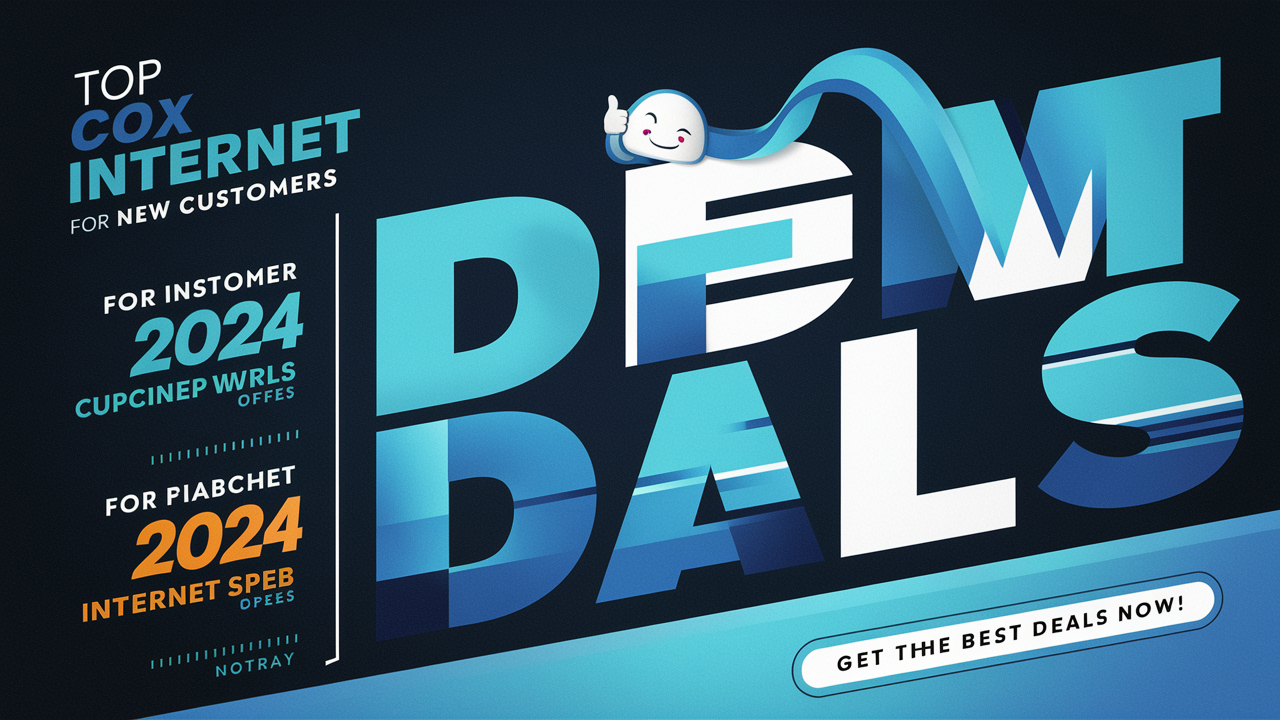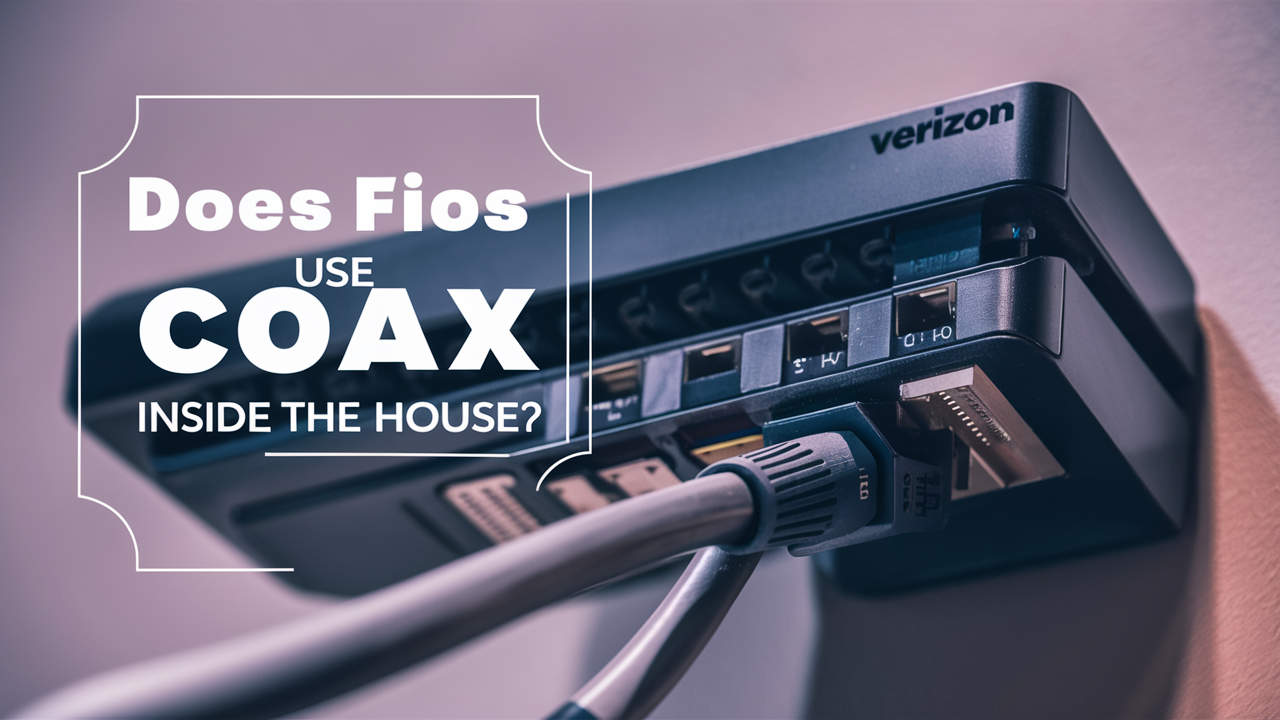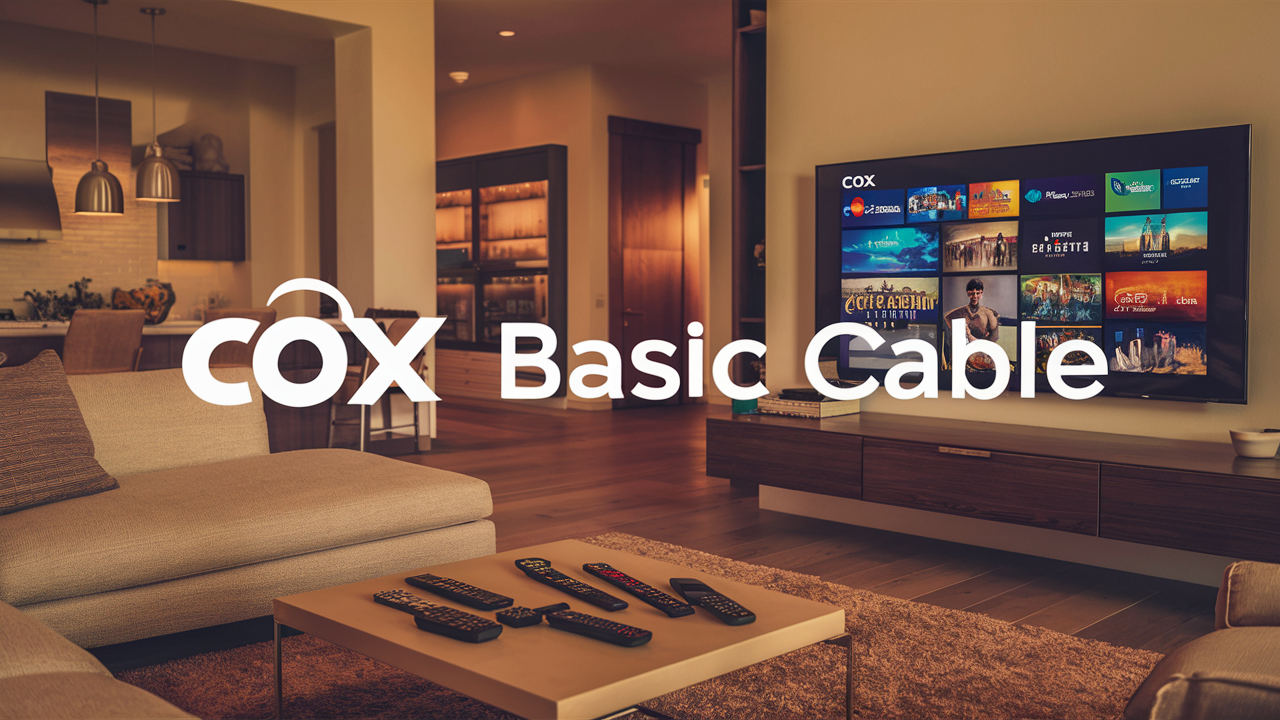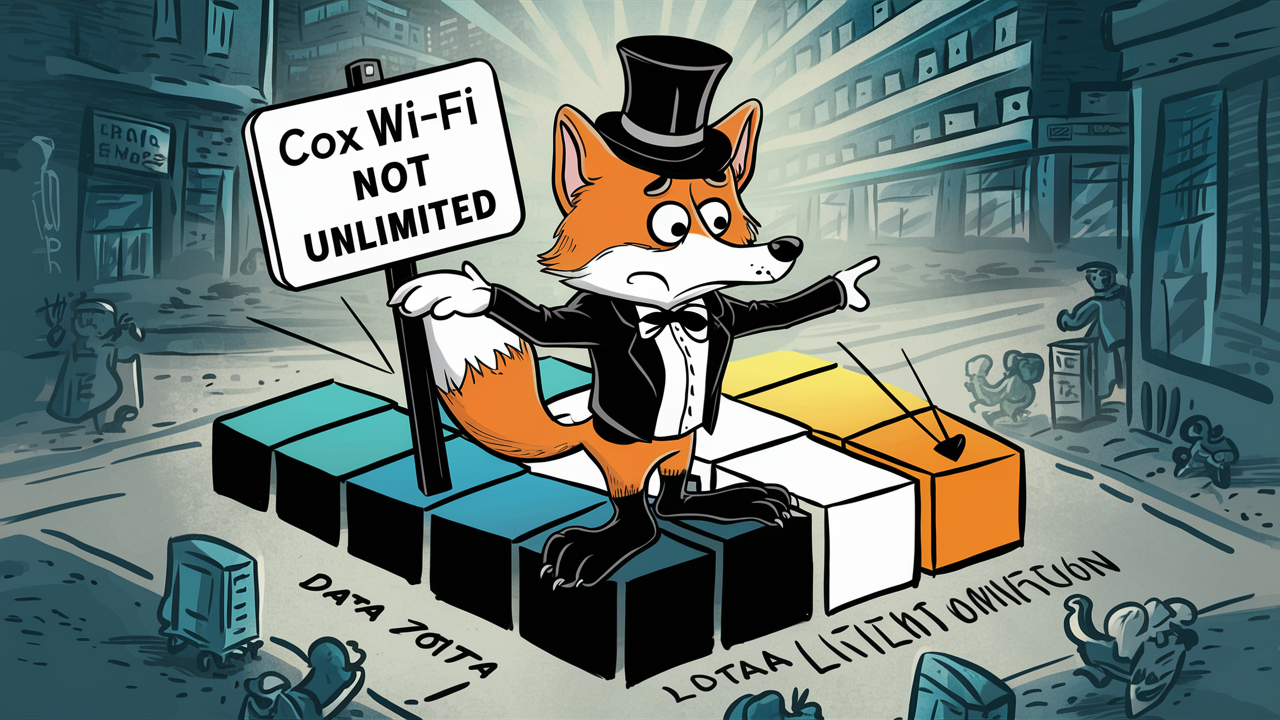What is the Best Alternative to Cox Cable?

What are the Optimal Options for Replacing Cox Cable?
And if you are seeking an alternative to Cox cable, it is probably because you want more options, better deals, faster internet speed, or all of them together. Cox has good internet speeds, but their price can be high, they have additional charges, are known to limit data usage and provide poor customer care service. Fortunately, you have a few good options put forward for your consideration below. Here are your key choices and pointers on what makes them fantastic Cox Cable options.
Fiber Internet
Fiber internet is clearly and arguably the best type of connection that people use when accessing the internet. One of the most popular types of broadband connections is fiber optic cables since they can send information by using pulses of light which ensures high speeds and large quantities of data can be transferred. Most fiber suppliers are likely to provide equal download and upload capabilities, which means that irrespective of whether you are downloading data or uploading it, the speed will be relatively quick.
The two major fiber optic internet service providers are ATT and Verizon. Both provide connection speeds of 1Gbps (1,000 Mpbs) for downloading and uploading data. That is some five to twenty times faster than a standard cable internet connection. Fiber optic cables also have less interference and therefore make your connection more reliable. No band from neighboring users and with speed that does not drop, even during the hours that most people are online.
The only problem associated with fiber internet is that it is not very common or easily accessible. Verizon Fios and AT&T Fiber have broad regional presences but are local. Nonetheless, fiber optics is better than cable internet if it is available in your locality in terms of speed and reliability.
5G Home Internet
5G home is a new entrant in the broadband market offered by cellular companies such as T-Mobile, Verizon, and AT&T. 5G home internet refers to the provision of home internet service similar to that of cable internet using the future-graded 5G cellular networks instead of fiber or coaxial cables.
A good 5G signal will give you the same speed as a cable connection, specifically 100-200 Mbps for downloads. What supports 4K streaming, video calling, gaming, and all the basic smart home requirements for most families? An additional advantage that 5G has over fiber is that it can also provide very low latency, which is no delay. So data limits are also way over 4G LTE, normally in the range of 100+ GB per month.
The catch is that while the infrastructure is being rolled out slowly and piecemeal, 5G coverage is scarce. However, T-Mobile has plans to grow, as does Verizon, and AT&T in the next couple of years. Also, with no contracts signed, you are free to return to cable in case the 5G signals in the area are not strong enough. Once there is the solid 5G coverage it becomes a versatile and cheap broadband home internet network.
Satellite Internet
Satellite internet uses space-based satellites to connect to the Internet network. The top satellite providers HughesNet and Viasat service the whole continental part of the United States. Therefore, one does not need to live in a city or town with a fiber optic connection to enjoy high-speed satellite internet.
Modern satellite Internet solutions enable consumers with download rates starting from 12 Mbps as much as 100+ Mbps. This is enough bandwidth to handle video streaming, smart home, gaming, and general internet functions. This form of internet is slower than cable or fiber networks. Next-generation satellites that are being put into orbit now have the capability of providing amazing speed increases in the coming several years.
There is one disadvantage of satellite internet and it is that the delays are much longer as signals travel a longer distance. Thus, subjects like online gaming and video calls may have issues. Mobile broadband is also cheaper when it comes to data caps but not as low as some other types of internet but sufficient enough for most households. However, one must bear in mind that satellite internet operates effectively as a rural internet service that can be used for basic web surfing and streaming.
DSL Internet
DSL internet uses existing telephone wires to provide connections to homes and companies. Current DSL rates go up to 100 Mbps in download but the upload speeds are still farther behind cable internet. Availability depends on how close one lives to service facilities or telephone services. As such, DSL is optimal for families who use the internet moderately and not for large families that consume high bandwidth such as 4K videos.
However, DSL is still very much in existence from other telecommunications services providers such as AT&T, Century Link, Verizon, and Windstream among others. It builds on other technologies thus when it is to be installed it will not require much resources. DSL also has the advantage of no data limit set by many cable ISPs which is advantageous to those who use the internet heavily.
While speeds may not come close to fiber or a new 5G platform, DSL should be enough for surfing the web, streaming music, social networking, and small home automation. As for the technology, yes it has its drawbacks but is good for low-bandwidth streaming. DSL plays an important role for millions of households with no capability for faster connections.
Municipal Broadband
Municipal broadband networks are last-mile broadband Internet access solutions provided by city municipal governments that own the assets or lease them from third parties. Availability is low; the coverage of municipal networks does not exceed 20 percent of the population. However, cities such as Chattanooga, Tennessee, and Longmont, Colorado can boast about their world-class fiber internet service while not having to break the bank because they are run by the municipal government.
Municipal broadband is mainly developed by public and private cooperation, where cities needing better broadband are searching for business partners and companies with fiber optic cable experience. The city has the responsibility for the project whereas the partner ISP has the responsibility of constructing and implementing the physical layer.
Municipal broadband provides the citizens of cities with all the advantages connected with fiber internet for speed, capacity, and reliability. Hence, since these networks are focused and provide for local requirements as opposed to seeking to generate revenues, the price is very close to or equal to the Cox cable. Well, municipal broadband does all of that—it just hasn’t gotten the publicity needed to reach wider audiences and become a viable cable TV and internet competitor.
The Bottom Line
When determining other options than Cox cable, decide what is the most important – whether it is a faster connection, an unmetered connection, cheaper service, or dependable service. Fiber optic internet is the premium service concerning speed and capacity, while the 5G home internet is the most flexible and portable service. Satellite internet is perfect for people in rural areas while affordable DSL is more than suitable for simple internet usage. Municipal broadband networks show how fiber internet operated for the welfare of the populace, not some shareholders’ pockets.
The problem with these strategies is that no single option can be deemed appropriate for everyone. While this means complexity in service provision, it also means that it allows families to select services that could adequately suit their needs. You should perhaps search and find which providers and platforms are available where you live. When putting the balance it should be done depending on how one uses the internet. Then decide on the Cox cable choice of the more value that is favorable. No longer must you leave your old cable company behind, and suffer through a slower and lesser quality service, only to pay more for it as well. High-end cable TV and internet services remain a fast-growing field of investment. It’s about time to face it and analyze why to say ‘Cox no more’ and embrace a brighter, faster internet connection.
Ready to upgrade your internet experience? Call us now at +1 844-349-7575 to explore the best Cox Internet plans for your needs!





